Since drugs became popular, there have been countless books on what to do with them. The most interesting are those of a creative kind by high-profile writers: De Quincey, Baudelaire, Aldous Huxley, Henri Michaux, William Burroughs, Carlos Castaneda. The most useful, so far as social policy is concerned, are those by low-profile operators in the field: scientists, doctors, psychiatrists, social workers, police.
The least interesting or useful prove to have been the polemical books in neither category, so I wasn’t thrilled by the prospect of this one, written by a political journalist, and hyped by Elton John, Noam Chomsky, Stephen Fry and Naomi Klein. My unease was aroused, but not because Johann Hari is of the left — I’d be equally suspicious of a book on drugs by Paul Johnson endorsed by Cliff Richard and the Vatican.
My generation in the 1960s used drugs in pursuit of pleasure, adventure and escape from cultural inhibition. There were casualties, of course, but they did not define the phenomenon. Hari’s focus, however, is on the negative aspects of prohibitions against marijuana, heroin and cocaine/crack. His main target is Washington’s anti-drug policy, initiated in 1914, and its adoption by other western nations, for which he blames the global spread of addiction and criminal violence, especially among the poor. But the policy is not American; it became a UN convention in 1961, updated in 1988.
I was confused by his lumping together issues surrounding hard and soft drugs, and decriminalisation or legalisation (not the same). But he is right about some bogus myths of addiction. Addiction is not a sudden hijack, it has to be organised; and addictions are not uniformly strong. Opium is an obvious example. The decline of the relatively harmless opium den has seen a rise in addiction to opium’s hard derivatives, heroin and morphine.
Hari claims that Washington banned opium because it hated the Chinese, but he has not addressed the historic shift in the past 100 years from vegetable drugs to refined chemicals. This is paralleled by the rise of junk food (which many believe should be prohibited or controlled). He also claims that the medical use of drugs does not create addicts — which is nonsense. When argument fails he can veer into vapidity: ‘How do we start to rebuild a society where we don’t feel so alone and afraid?’ Is he blaming Washington for the human condition?
My unease increased when Hari writes that the hounding of Billie Holiday and the compassion shown towards Judy Garland were evidence of racism in drug policy — but Judy Garland was not using heroin and mixing with the criminal underworld. He says that US prohibition enforcers kept ‘targeting the weak’, meaning the blacks and Hispanics; but it was the drug dealers who targeted them first, and there is a good argument for seeing the US government as trying to protect the weak.
One of this book’s arch villains is Harry Anslinger, head of the Federal Bureau of Narcotics from 1930 to 1962. Hari writes: ‘The Mafia paid Harry Anslinger to launch his crusade because they wanted the drug market all to themselves.’ Seven pages later we read: ‘There is no evidence that Anslinger ever worked for the Mafia . . .’ Is this a retraction or what? The book abounds in histrionic accusation and false logic.
Hari also blames Washington for the horrific battles between drug gangs in Latin America and the Caribbean. But non-prohibition is no guarantee of peace and harmony. Look at the merciless gang wars in central Africa over precious stones and metals. And prohibition can be a vital tool: against illegal logging in the Amazon for example, or the slaughter of elephants.
He says the war against drugs has been going on for a century and is still not won, so it’s been pointless. Some wars are eternal and to expect otherwise is utopianism — the war against weeds, for example, which is called gardening. The war on drugs can be called public health. One of Hari’s own informers raises this: ‘We need to approach drug addiction not as a criminal justice situation but as a public health situation.’
That indeed is how it is regarded. Criminal prohibition was never considered enough in itself, even to the most rigorous Washington hardliner. It should be noted that liberalisation has already begun in some US states and that the world’s harshest anti-drug laws — by far — are in Muslim and Asian countries, which Hari ignores.
The debate has become more urgent since illegal drug money has started to fund political and religious terrorism. But one needs to be careful about following Hari’s advice in allowing freer circulation of hard drugs in society. Yes, this would reduce enormous enforcement costs — and if extended to legalisation of supply, would bring in huge taxes and abolish the drug gangs. But what of the general population? A lot of drug abuse is related to opportunity, which prohibition is designed to limit. So decriminalisation, or more legalisation, would increase drug use — but perhaps make it less socially convulsive? Worth considering — and my first thought is that we are a species suffering an epidemic of lethal obesity because millions can’t control even a biscuit habit.
In his favour Hari cites the decriminalisation of drug users (as opposed to dealers) in Portugal in 2001, and his entire book is embodied in one triumphant statement: ‘In the years in which heroin was decriminalised in Portugal, its use has been halved there — while in the United States, where the drug war continues, it has doubled.’ But examination of the figures including those from Italy and the Netherlands, which began decriminalisation before Portugal, prove to be far less decisive. Also in the same period, crack cocaine use has declined dramatically in the USA — and nobody is sure why. Current thinking at the WHO is for decriminalising the possession of drugs for personal use, but not for legalisation.
Got something to add? Join the discussion and comment below.
Get 10 issues for just $10
Subscribe to The Spectator Australia today for the next 10 magazine issues, plus full online access, for just $10.
Available from the Spectator Bookshop, £15.99 Tel: 08430 600033
You might disagree with half of it, but you’ll enjoy reading all of it. Try your first month for free, then just $2 a week for the remainder of your first year.

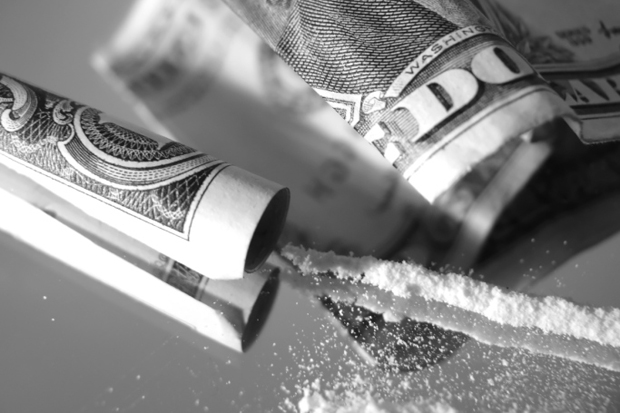
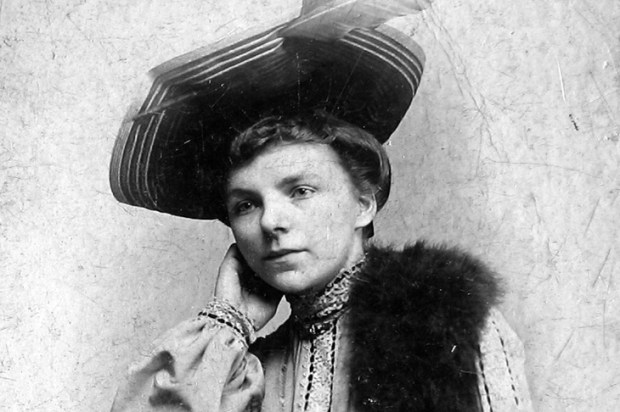
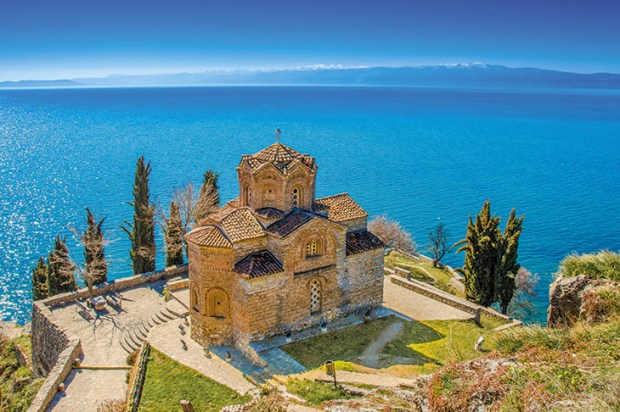
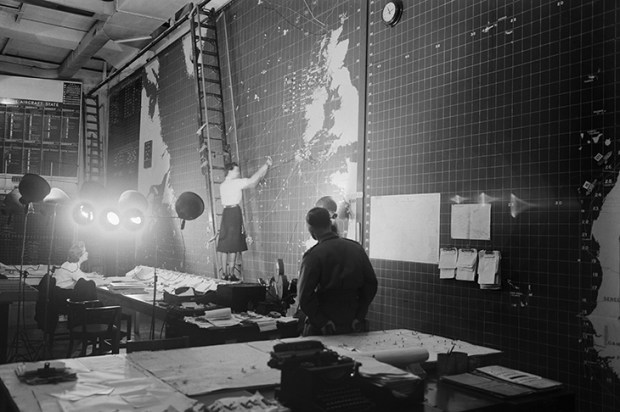

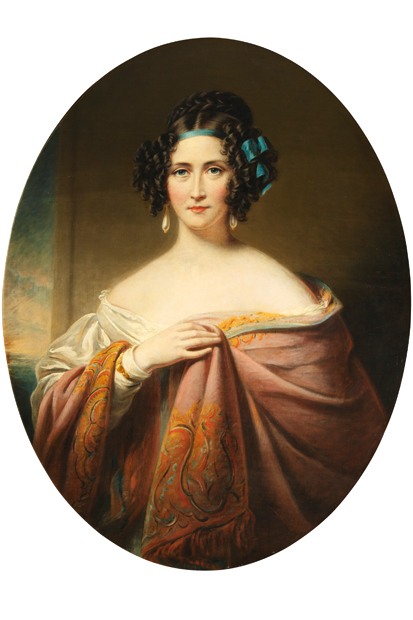
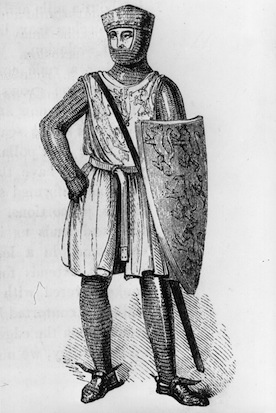






Comments
Don't miss out
Join the conversation with other Spectator Australia readers. Subscribe to leave a comment.
SUBSCRIBEAlready a subscriber? Log in